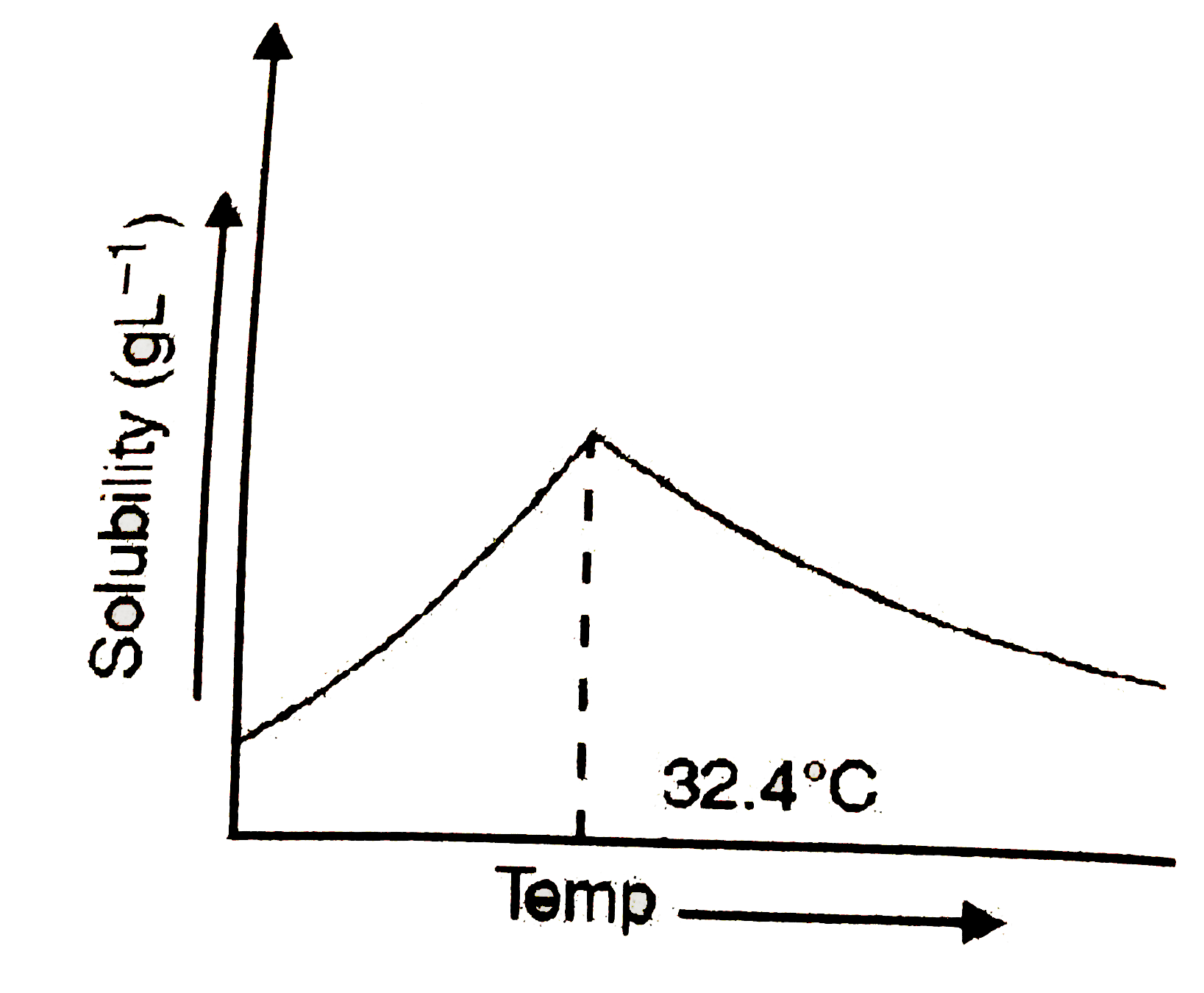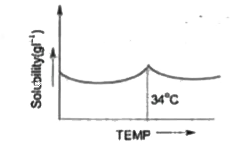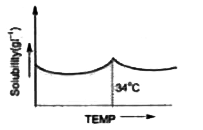The temperature above which Na2SO4.10H2O shows a change in behaviour in the solubility is called……. .
Video Solution
Text Solution
transition temperature
|
Updated on:21/07/2023
Related Playlists
- BOOK - PRADEEPCHAPTER - SOLUTIONSEXERCISE - CONCEPTUAL QUESTIONS41videos
SOLUTIONS
- BOOK - PRADEEPCHAPTER - SOLUTIONSEXERCISE - NCERT (QUESTIONS AND EXERCISES WITH ANSWERS)13videos
SOLUTIONS
- BOOK - PRADEEPCHAPTER - SOLUTIONSEXERCISE - TEST YOUR GRIP (MULTIPLE CHOICE QUESTIONS)25videos
SOLUTIONS
- BOOK - PRADEEPCHAPTER - REDOX REACTIONS EXERCISE - Assertion reason type question16videos
REDOX REACTIONS
- BOOK - PRADEEPCHAPTER - SOME BASIC CONCEPTS OF CHEMISTRYEXERCISE - Competition (FOCUS) JEE (Main and Advanced)/Medical Entrance SPECIAL (VIII. Assertion-Reason Type Questions)(Type II)13videos
SOME BASIC CONCEPTS OF CHEMISTRY
Similar Questions
Na2b4O710H2O is
View SolutionNa2O2+H2SO4→
View SolutionStructure of Na2B4O7.10H2O contains ---
View SolutionNa2SO4.xH2O has 50%H2O. Henxe, x is :
View SolutionSolubility curve of Na2SO4.10H2O in water with temperature is given as
 View Solution
View SolutionSolubility curve of Na2SO4.10H2O in water with temperature is given as
 View Solution
View SolutionSolubility curve of Na2SO4.10H2O in water with temperature is given as
 View Solution
View SolutionAmount of oxygen in 32.2g of Na2SO4.10H2O is:
View SolutionChange of Na2CO3.10H2O to Na2CO3.H2O on exposure to air is called
View SolutionNa2B4O7.10H2O is correctly represent by
View Solution


